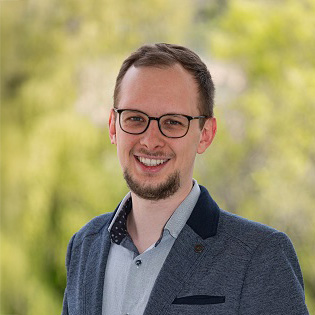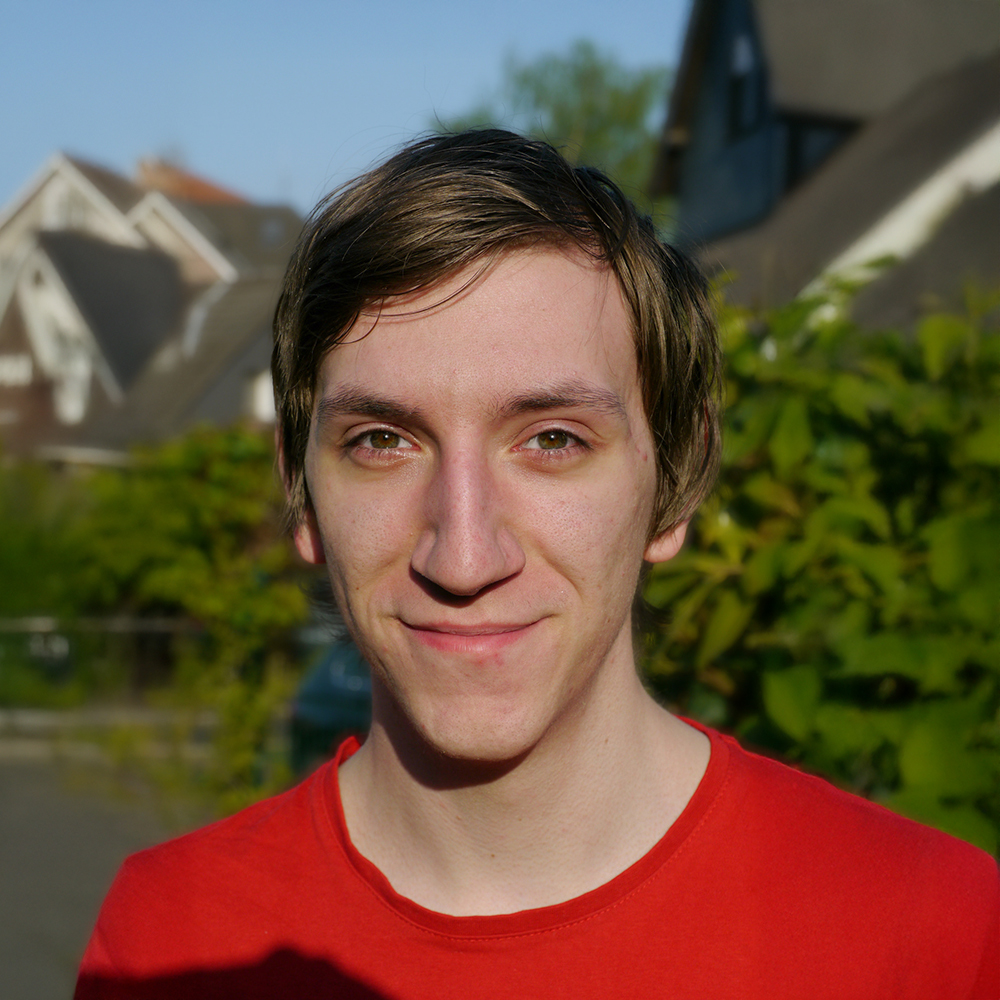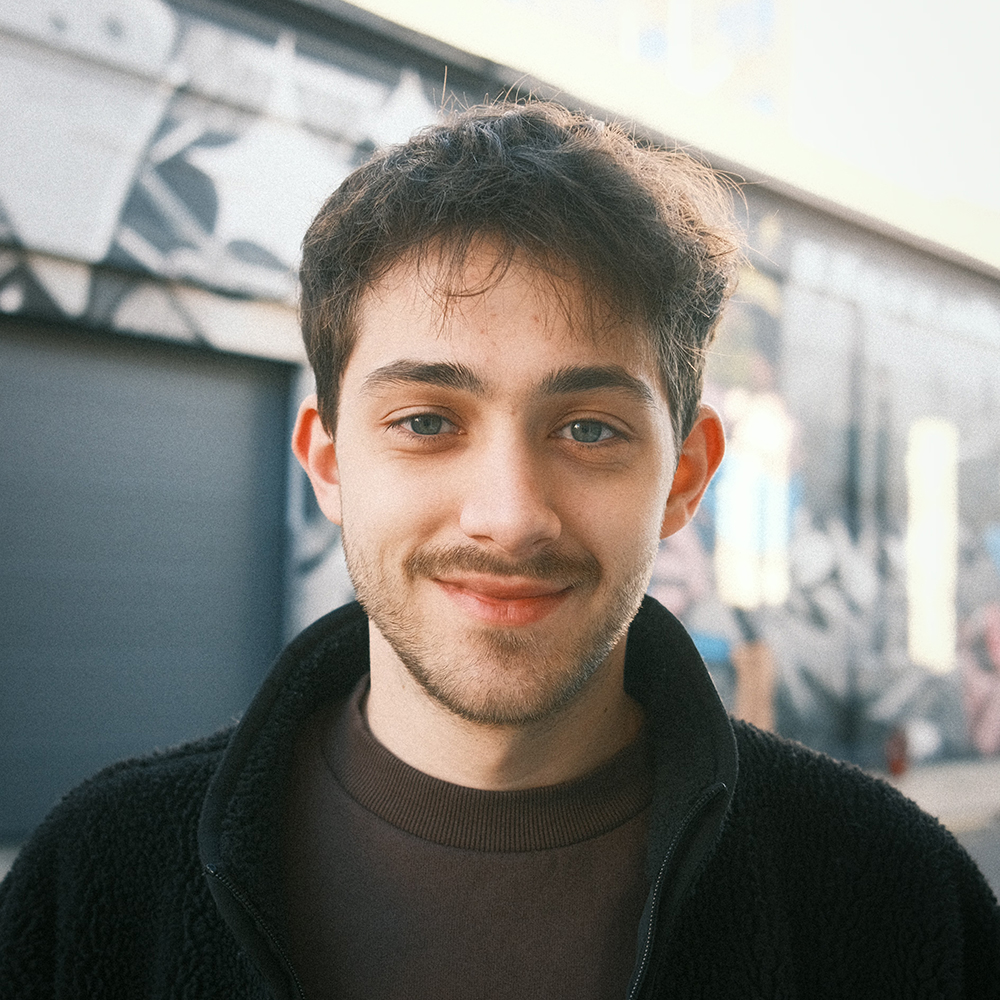STARS is a formal framework for analyzing and measuring scenario coverage in testing automated robotic systems. It enables users to formally define environment features and classify recorded data into distinct scenario classes using Tree-based Scenario Classifiers (TSCs).
By expressing scenario features in temporal logic and combining them hierarchically, STARS automatically identifies which scenarios were encountered in recorded data — and which are still missing. Through logically defined monitors, it can also validate requirements and provide insights into the simultaneous occurrence of features and requirement violations.
The framework computes metrics such as scenario coverage, feature occurrence, and scenario distributions, supporting safety assessment in regards to standards like ISO 21448 and UL 4600.
STARS is domain-agnostic, highly customizable, and implemented in Kotlin for seamless interoperability with JVM-based languages.
Repository: github.com/tudo-aqua/stars




